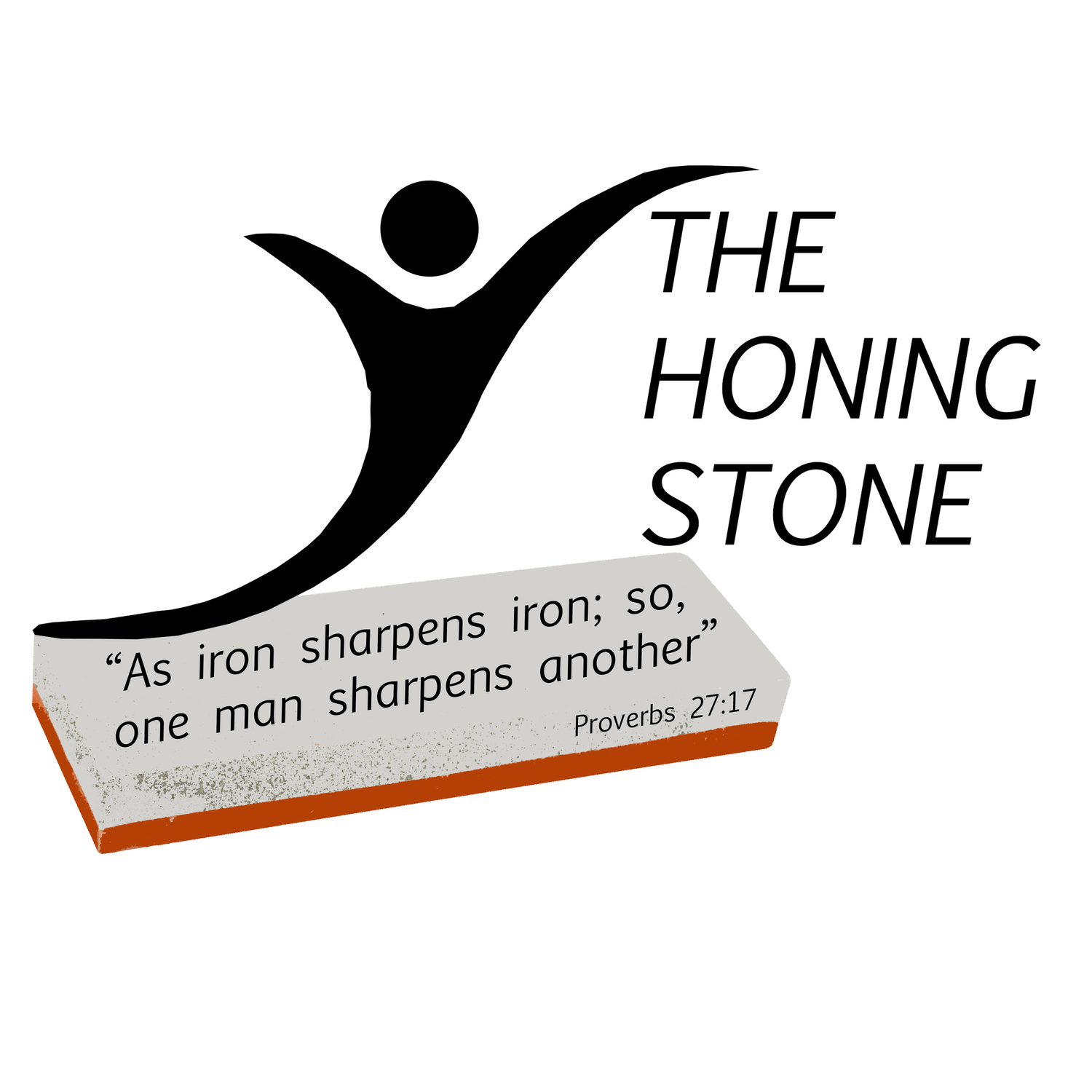Coachability
People frequently ask me who my ideal client is. The person asking usually expects me to respond with an answer such as a project manager taking their leadership team through the "Forming Storming & Norming" phases of working together. Another common answer would be an HR rep or small to medium business that seeks to improve the way team members work together. These are reasonable answers because coaching is about helping people and organizations reach their potential.
Still, the best answer I can give is that my ideal client is someone who is “coachable”. Someone who is coachable cares enough to pursue self-improvement and seek feedback from others. A coachable person responds to the feedback in a way that acknowledges the other person's contribution in giving the feedback. Once they receive the feedback, the coachable person reflects on the feedback and seeks to incorporate it in a valuable way. Coachable clients act on the feedback in a way that builds momentum from a series of small victories.
The people who gained the most from my coaching are the ones who put the work in outside the coaching sessions. When a client and I meet for our next session, they provide an update on the progress they made, and the challenges that they faced along the way. Next, we strategize on what the client can do differently in those situations and what they may be able to do to manage the challenges. Notice how I said manage the challenges, not avoid the challenges.
Sometimes feedback may be painful to hear and it’s natural to respond defensively to critical feedback. It takes deliberate effort to see the information as an opportunity to improve. After receiving critical feedback, you may need some time to think about what the person said and ask for clarification. When you do so, approach the person giving the feedback with a genuine sense of curiosity and a willingness to take in what the person is saying. The process of simply listening to and acknowledging the person’s contribution may help you earn that person’s support for your leadership efforts.
As you progress through your leadership journey, what are you doing to retain or regain your coachability? Who are the people who will tell you the truth, even if you may not like it? What are you doing to take that feedback and incorporate the information into your own personal development? A good coach can help you work through the process of taking in feedback and making positive changes.
There is a link below to a fantastic article in Forbes, regarding coachability. I think it is a worthwhile read. I also recommend a recently released book Coachability: The Leadership Superpower, by Kevin D. Wilde. Wilde’s book examines why leaders often grow less coachable as they move up in position unless those leaders make deliberate efforts to become and remain coachable. Coachability, or the lack of it, can have a profound effect on your career progression.
I would love to hear your thoughts on coachability. Let me know what you think by emailing me at: Lou.Kelley@thehoningstone.com
